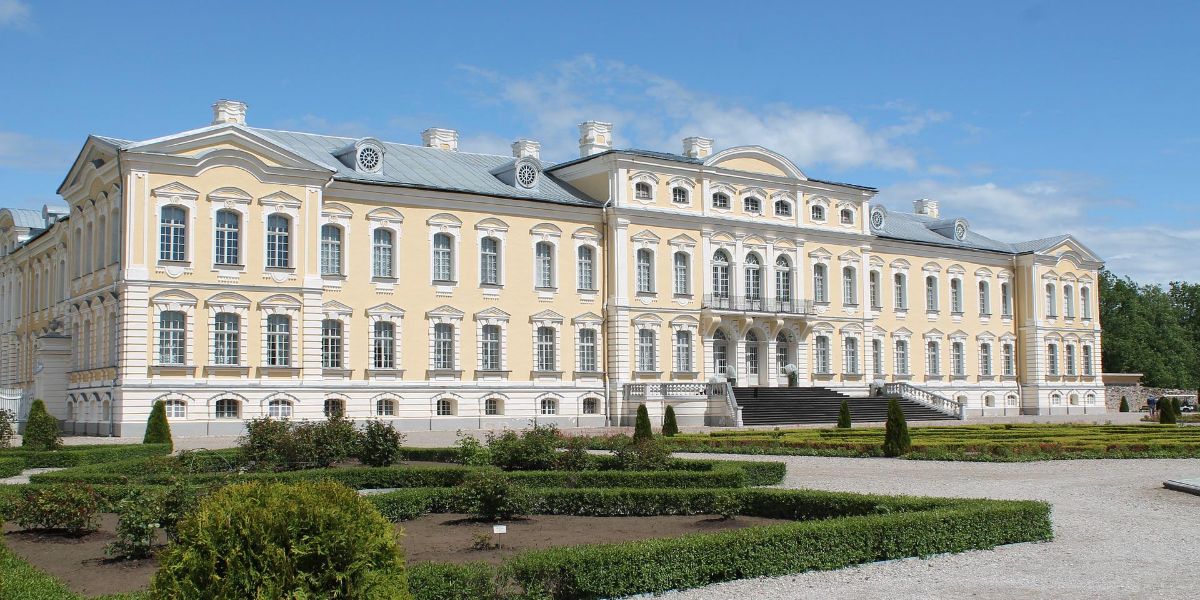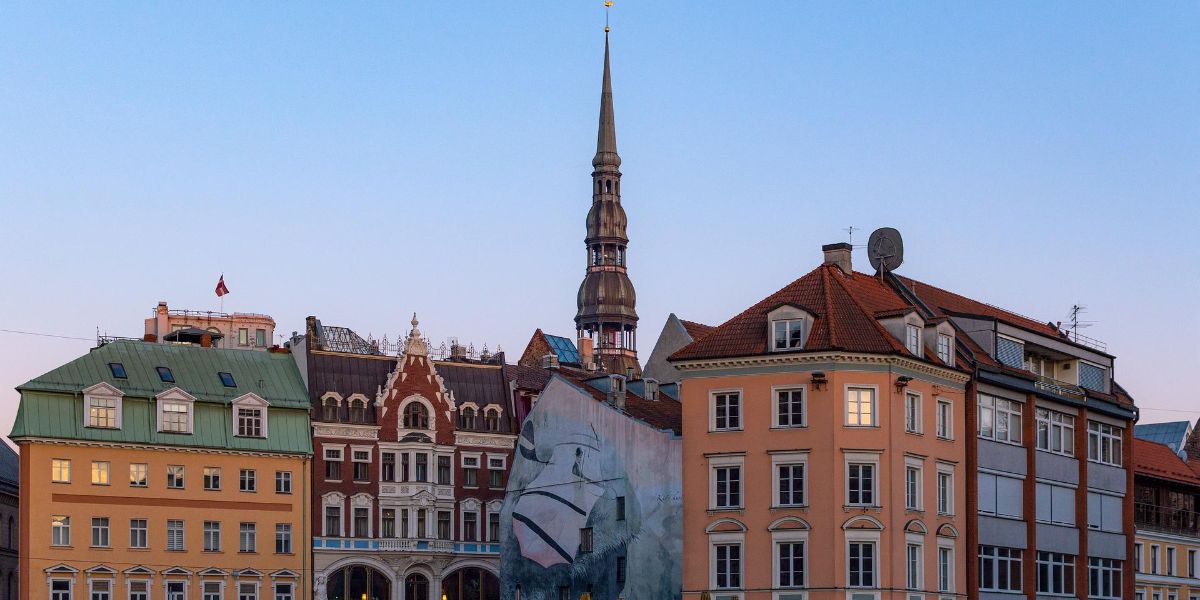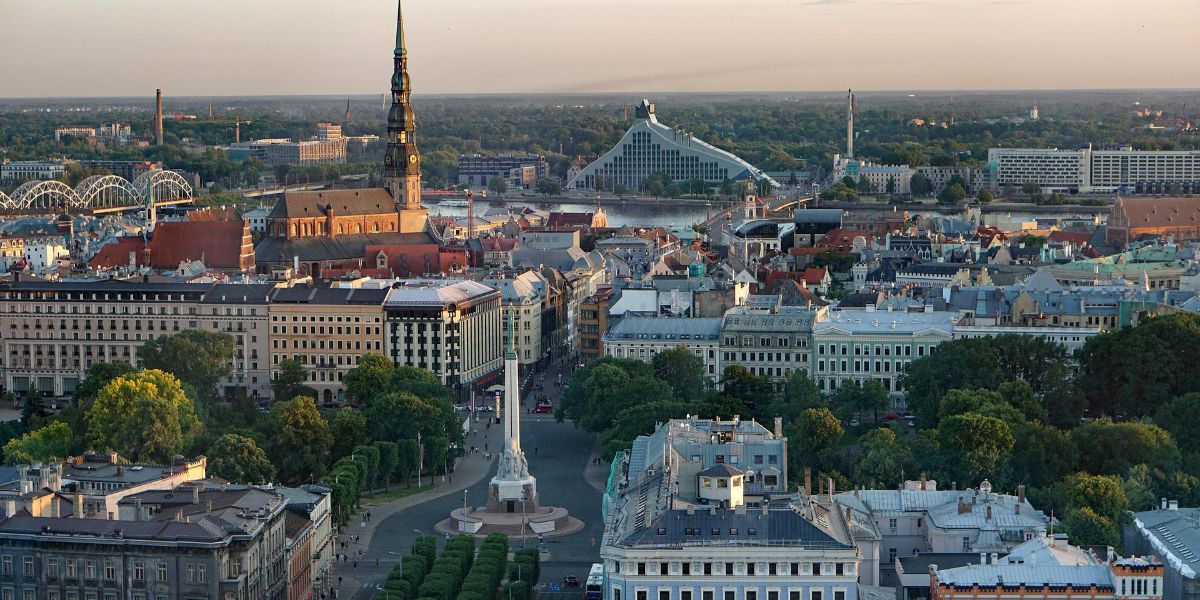The Latvian lawmakers passed Latvia’s 2017 budget on 24 November 2016, in the final reading by 59 votes of the coalition lawmakers to 36 opposition voted.
Latvia’s government coalition has described next year’s budget as the “budget of kept promises” as the government has held to its promise to not raise any of the key taxes. Revenues to the budget will be increased by gradually raising excise tax on cigars, cigarillos, cigarettes and tobacco. Tax rate on nature resources, including drinking water, will also be raised. Changes will refer to small businesses. The current micro-enterprise tax regime will be operational for another two years, and a new tax regime will be developed for companies with low annual turnovers.
Introduction of advance payment system for social tax in taxis will help reduce illegal business activities. Reverse payment practice for precious metals will help reduce VAT fraud. Tax fraud is also planned to be prevented using customs formalities and tax payment control for transports imported from third countries. The government has also reviewed certain tax payment benefits. Fuel excise tax exemption for territories engaged in corn cultivation for biofuel will be lifted for all parties except households and public transports.
The state budget plan will come into force on 1 January 2017.













